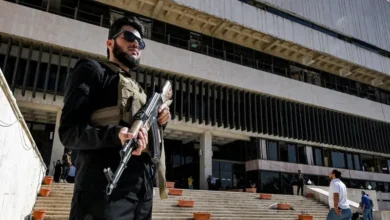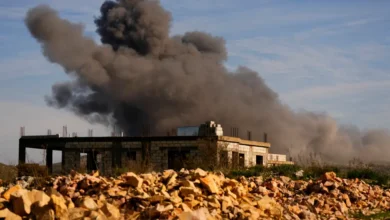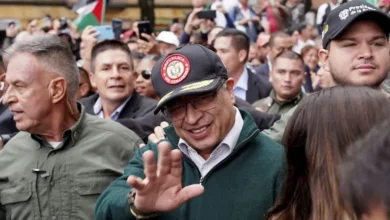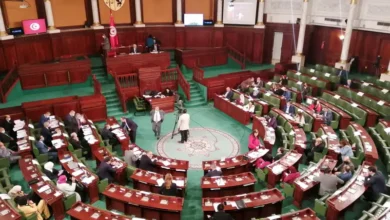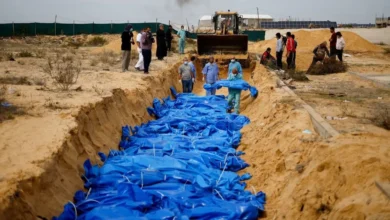China blocks US move to legitimize Syria’s Al-Sharaa — What’s Next?
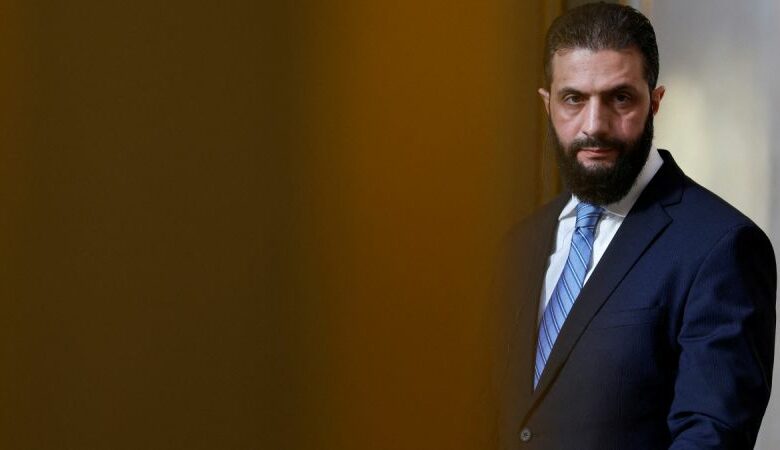
Western diplomatic sources say that China is strongly against the US’s efforts to get the UN Security Council to pass a resolution lifting sanctions against Syrian President Ahmad Al-Sharaa. China’s possible veto could stop the plan in its tracks.
The U.S. move is meant to improve the reputation of Syria’s temporary government in the eyes of other countries in return for political and security promises made to Washington. Sources say Beijing is still strongly against it, citing worries about national security rather than a desire to compete politically with the U.S.
China’s main concern is the 84th Division’s position in the reorganized Syrian army. This is a special unit said to be made up of about 3,500 Uyghur soldiers with ties to the Turkistan Islamic Party, which China considers to be a terrorist organization. Beijing sees the group’s position in Syria as a direct threat to the safety of its own country.
Even though Al-Sharaa’s name is still on the UN’s list of terrorist groups, that won’t stop him from traveling to New York for next month’s UN General Assembly. Reports say that Washington is thinking about asking for a special exception that would let Al-Sharaa into the U.S. for the event.
There has been a lot of political back and forth over this issue before the General Assembly. While Washington wants to make it easier for Al-Sharaa to fully participate, including speaking at the UN, China is still adamantly against it. As a result, different possible outcomes are being considered, such as limiting involvement through high-level side talks.
During his visit, Al-Sharaa is likely to meet behind closed doors with world leaders, UN officials, and European ministers. Even though it doesn’t look like they will be able to meet with President Trump directly, the trip may help the Syrian temporary government project some international authority, even if they don’t give an official UN speech.
Analysts see this as a test of how power works in the world, especially between the US and China. Washington wants to convince its friends in the region that they can help Damascus get back into the country while avoiding a public fight with Beijing.
Political experts say that a limited foreign exemption might be a good compromise that would allow continued cooperation with the temporary government without making things worse. For its part, China is using the file to make its positions on sovereignty, fighting terrorism, and handling international crises stronger.
People who follow China say that its position is based on both security worries and a larger strategic calculation in the Middle East, where Syria plays a part in energy, trade, and building projects, and could even join the Belt and Road Initiative in the future.
